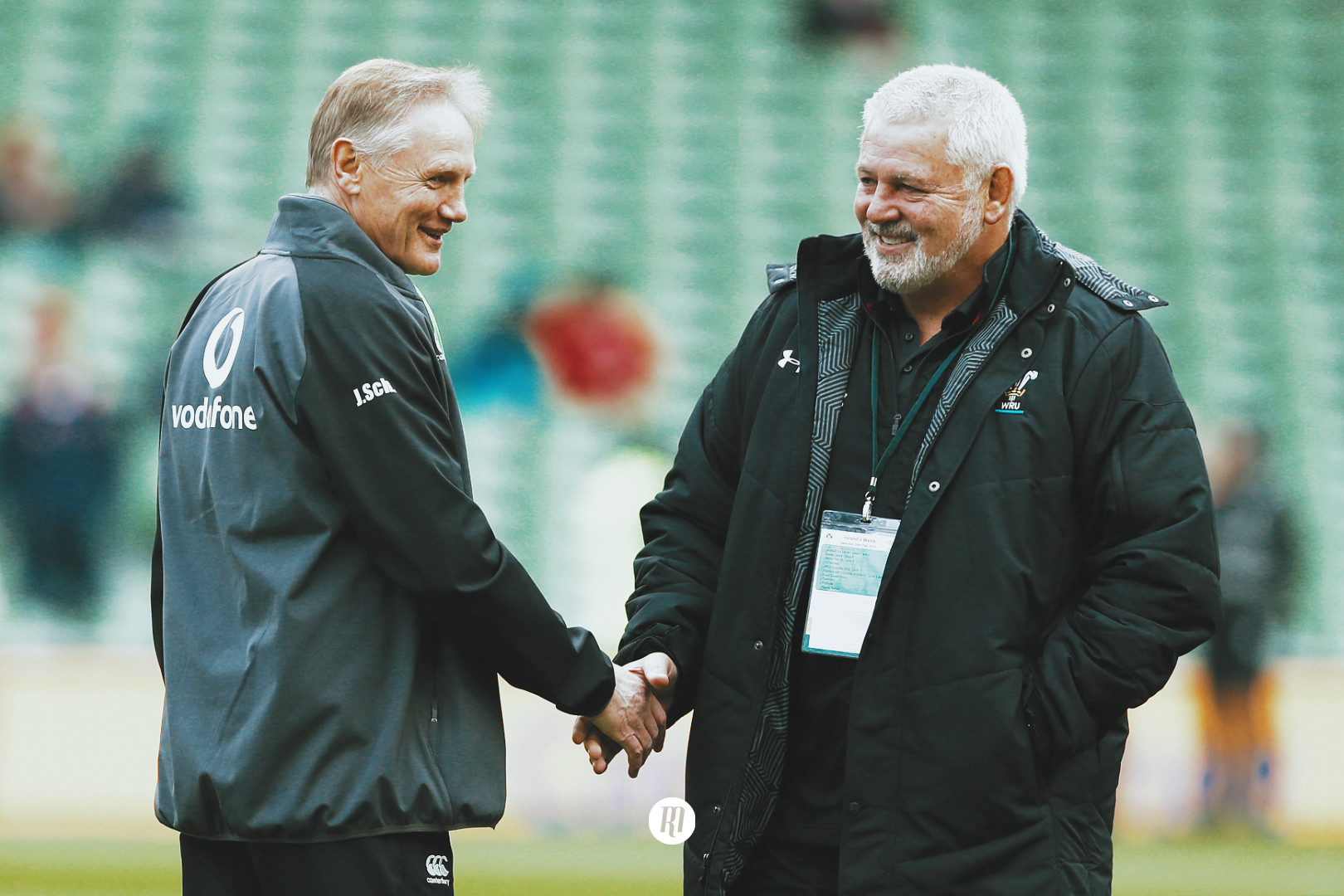What World Rugby needs to learn from the Jaguares' greatest hour
The buzzing cosmopolitan capital of Argentina is no stranger to creating and witnessing moments of sporting greatness. Two football World Cups, the maiden a home triumph of 1978. For a long time, La Albiceleste have captured the minds and hearts of the Argentine public, on Saturday, and for the past five months, Los Jaguares have changed that narrative.
The buzzing cosmopolitan capital of Argentina is no stranger to creating and witnessing moments of sporting greatness. Two football World Cups, the maiden a home triumph of 1978. For a long time, La Albiceleste have captured the minds and hearts of the Argentine public, and whilst success hasn’t always been a given, the individual mastery of both Diego Maradona and Lionel Messi provided hope and expectation, ensuring a consistent sprinkling of star dust every time this nation has stepped on to the world stage.
Whilst the national football team has struggled to meet those great expectancies in recent years, the growth of both club and international rugby union has been exponential. Since finishing third in the 2007 World Cup Los Pumas have staked a claim to become one of the worlds best, with the UAR implementing a three-point attack. The first, development of an Argentinian based club side, effective on the pitch and commercially viable off of it. Second, the growth of home based talent, filtering into a structure and culture that could compete with the best the southern hemisphere has to offer. And finally, inclusion into the prestigious tri nations, which would offer Argentina yearly bouts of test rugby against the best tier one has to offer.
For the goal to be realised, no singular element could function without its predecessor running flawlessly. On Saturday, 2pm local time Buenos Aires, the Jaguares sealed a spot in the 2019 Super Rugby finale. Amongst the moments of wild celebration, a few executives of the governing body would likely have been pinching themselves, as their ambitious, unlikely and bold proposal was finally comprehended; and crucially, justified.
In a country famed for its footballing success, it feels somewhat alien to comprehend that only 80 minutes stand in the way of Argentine rugby conquering the most competitive club league on the planet. Some have already attempted to downplay the achievement, labeling the side an international one, whilst conveniently forgetting two New Zealand sides have fielded over ten All Blacks in one game, and failing to recognize that some of the biggest names in the countries game are plying their trade in other leagues, although, that might change by the time the year is out.
On the face of it, it would be easy to strike a comparison with unlikely Premier League winners, Leicester City. David and Goliath, rags to riches, from relative unknowns to superstars, throw as many clichés as you like, there’s no realistic association. Whilst The Foxes shook the world, and their achievement will rightfully go down as one of the greatest upsets in sporting history, over a decade of finite strategy, bold and high-risk implementation and a relentless will to succeed have seen one of rugby’s most satisfying stories creep towards the end of another chapter.
While this is a monumental moment in Argentine sporting history, it should also be a huge wake up call to the rest of international rugby. For a long time, nations on the periphery of top class international rugby have been left to fend for themselves when it comes taking the step up to the next level. The Pacific Islands, for example, have long held a desire to be included in Super Rugby, and whilst the will of Tongan, Samoan and Fijian unions is there in abundance, the financial element is not. Despite their neighboring unions possesing the resources to fund first steps into a new domain of competition, the appetite is not quite shared by that of New Zealand, Australia and South Africa. Most frustrating for the islands is that the talent to be the best is there, but the opportunity for such raw resources to be converted is sadly not.
The same can be said of the Americas. Whilst the Jaguares deservedly compete in Super Rugby, the surrounding nations, as well as those in the North, should be seeing the benefits from participating in a top class league. While Major League Rugby is likely lucrative and enjoyable, wouldn’t it be sensible to amalgamate the competition?
Offer spots to Canada, Brazil, Uruguay and even Chile, develop club sides with athletes representing clubs in their own nation, and rather than gain short term profit. Create long term, sustainable success. An improved standard of club rugby in all of those lands and far greater financial reward when those nations are able to compete in World Cups - or even a international league on more even footing, should World Rugby take another charge at the Nations Championship.
The bureaucracy of practicality and the need to satisfy investors too often gets in the way of the real fundamentals of the sport, in all sports. Sometimes a lesson such as the Jaguares success serves the opportunity to realise a different approach to growing the game.
Whilst it's unlikely to cause a sudden shift change in international rugby, the Jaguares and Los Pumas have combined to write the blueprint on how to reform a national side that once felt its ceiling had been hit into a giant of the game, consistently breaking boundaries, and crucially, providing value, entertainment and variety to a sport that is sometimes all too predictable. Regardless of the result on Saturday, Argentinian rugby has forged its own path with relentless determination and perfect strategy, even without a 'hand of god' moment. Even Diego Maradona would approve.

Filed under:
Super Rugby, Rugby Championship, Argentina, Jaguares
Written by: Morgan Lowrie
Follow: @MorganLowrie · @therugbymag






